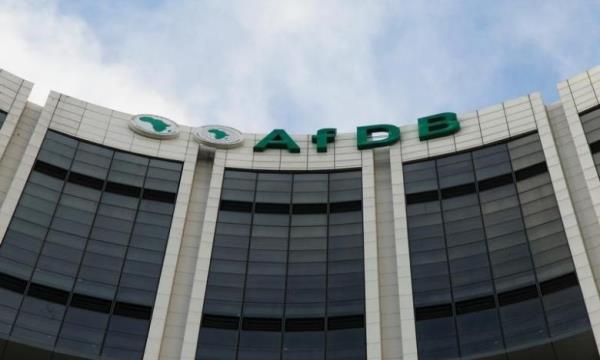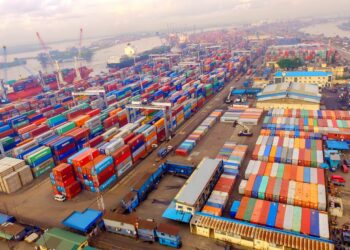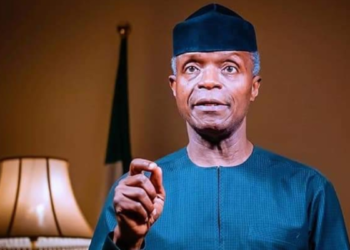The African Development Bank (AfDB) has approved a $1.2 million grant to support the development of a battery energy storage system (BESS) in Nigeria, a move seen as critical to stabilising the nation’s power grid and accelerating renewable energy integration.
Speaking at the launch workshop of the BESS feasibility study in Abuja, Abdul Kamra, director-general of AfDB’s Nigeria office, said the project aligns with the Bank’s Mission 300 initiative aimed at connecting 300 million people to electricity by 2030. Kamra, represented by the chief engineer at the AfDB Nigeria country office, Chigoziri Egeruoh, said the grant falls under the Bank’s Energy Transition Catalyst Programme.
“Battery energy storage is a critical enabler,” he said. “Nowhere is this mission more urgent than in Nigeria, home to an estimated 90 million people still without access to electricity. This is why the Bank has committed a $1.2 million grant to support this feasibility study implemented through the Transmission Company of Nigeria.”
Kamra said the project would examine grid integration, assess viable business and regulatory models to attract private investment, and build local capacity for long-term implementation. “Battery storage is no longer a luxury,” he added. “It is a necessity for stabilising frequency, managing peak load, and providing reserve capacity for Nigeria’s evolving grid.”
The feasibility study workshop was organised by the Transmission Company of Nigeria (TCN) in collaboration with the AfDB.
Minister of power Adebayo Adelabu, represented by the assistant director of renewable energy, Ben Ayangeor, said the study represents the federal government’s commitment to smart, climate-resilient power solutions. “Nigeria’s power sector has undergone reforms, but key challenges remain intermittency, grid instability, and underutilised capacity,” he said.
He added that with growing solar and wind energy investments, Nigeria must confront energy storage challenges head-on. “BESS offers the most scalable solution to enhance stability, flexibility, and reduce our reliance on fossil fuels,” Adelabu said. He noted that the technology would improve power quality, enable renewable integration on-grid and off-grid, and expand electricity access in underserved areas.
Sule Abdulaziz, managing director of TCN, represented by Olugbenga Ajiboye, executive director of transmission system provider at the company, said BESS will help mitigate persistent issues such as frequency fluctuations and peak load stress in the electricity value chain.
“The feasibility study is timely and vital. It will strengthen grid performance and ensure more efficient use of Nigeria’s transmission infrastructure,” he said.
The project complements the AfDB’s broader $1 billion Economic Governance and Energy Transition Support Programme and reinforces Nigeria’s Sustainable Energy for All (SE4ALL) goals, as well as its national energy transition plan.





